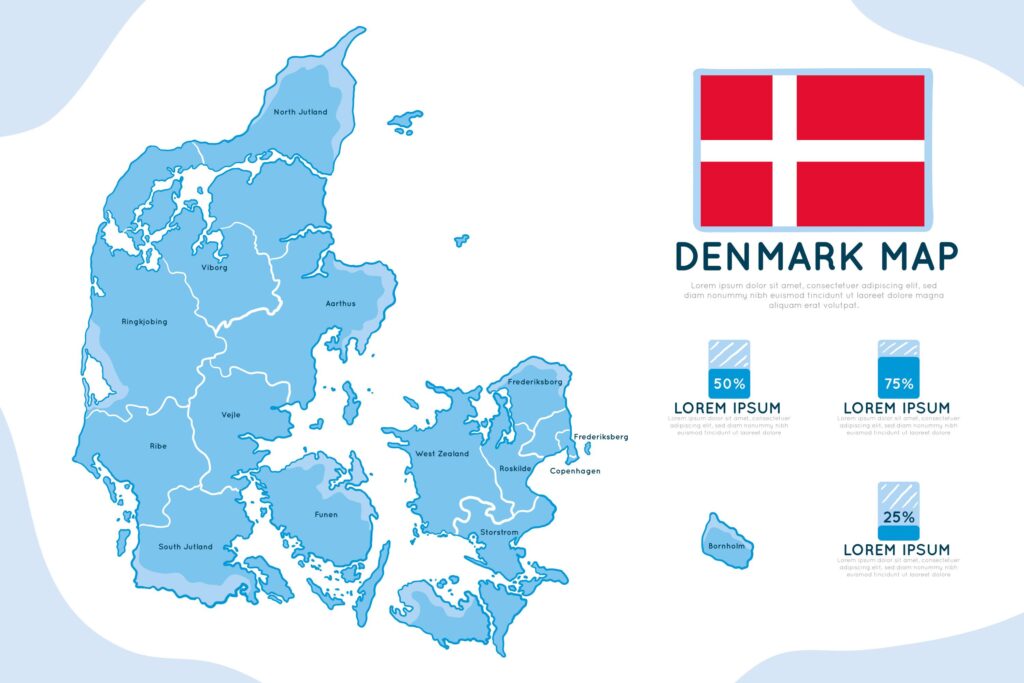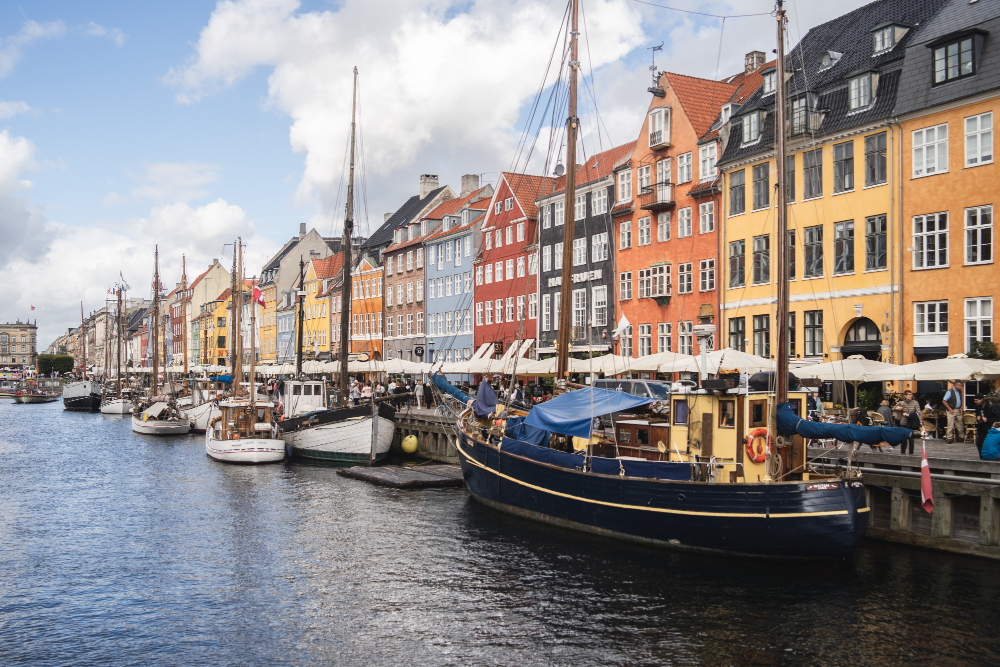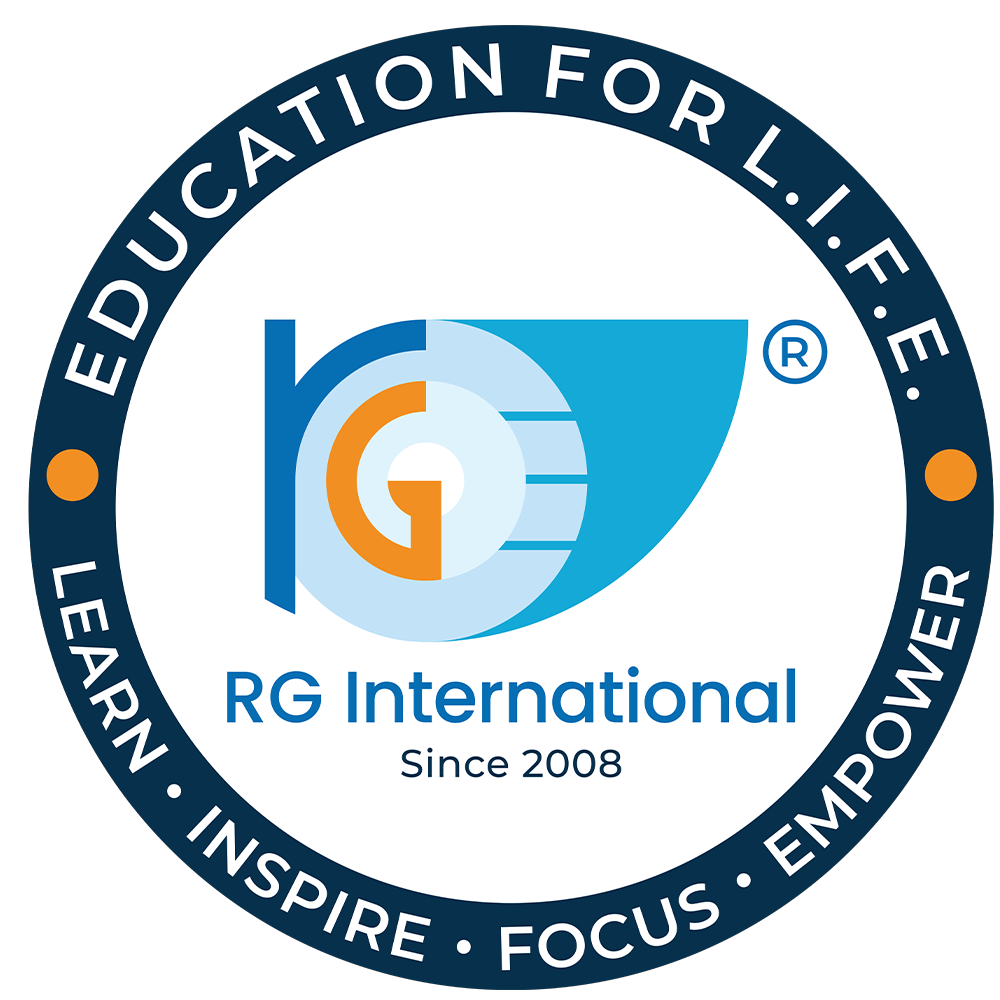
Denmark
Studying in Denmark offers a range of benefits that make it an attractive destination for international students:
High-Quality Education:
Danish universities are renowned for their high academic standards and innovative teaching methods. They offer a wide range of programs taught in English, providing students with a global perspective and valuable skills.
Innovative Learning Environment:
Denmark is known for its focus on creativity, critical thinking, and problem-solving. Students are encouraged to think independently and engage in hands-on learning experiences.
Strong Economy and Job Opportunities:
Denmark has a strong and stable economy with a low unemployment rate. Studying in Denmark can open up opportunities for internships and jobs, especially in fields such as engineering, IT, and renewable energy.


Work-Life Balance:
Denmark is known for its high quality of life and excellent work-life balance. The country offers a safe and inclusive environment, making it a welcoming place for international students.Cultural Experience:
Denmark has a rich cultural heritage and offers a vibrant arts and entertainment scene. Students can explore Danish culture, history, and cuisine while studying in the country.English Proficiency:
The majority of Danes speak English fluently, making it easy for international students to communicate and integrate into Danish society.Green and Sustainable Living:
Denmark is a leader in sustainability and renewable energy. Studying in Denmark allows students to learn about and contribute to sustainable practices.Overall, studying in Denmark provides students with a unique and enriching experience, combining high-quality education with a vibrant cultural and social environment.
QUICK FACTS ABOUT DENMARK

CAPITAL
COPENHAGEN

150,000 (34,000 international)

DANISH

SEPTEMBER – JUNE

5.8 MILLION (58 LAKHS)

DANISH KRONE (DKK)

43,094 km²

+ 45

CET
EDUCATION SYSTEM
Starting in 2003, Denmark adopted the two-cycle model for its education system, in line with the rest of Europe. This model divides education into undergraduate (Bachelor’s) and postgraduate (Master’s and PhD/Doctorate) levels. The aim is to make it easier for students to move between countries in Europe, as the qualifications are recognized across all countries participating in the Bologna agreement.
In Denmark, higher education institutions are classified based on the level of study and the field of teaching:
- Academics of professional higher education (Erhvervsakademier) offer short-cycle pre-Bachelor programs known as Academy Profession degrees.
- University colleges offer 3-4 year programs at a level corresponding to a Bachelor’s degree.
- Universities offer long-cycle programs and can be multi-faculty or specialized in areas like engineering, technology, and business.
- Several universities of the arts, which are regulated by the Danish Ministry of Culture, offer long-cycle programs in visual arts, music, film, theatre, and media.
Degree options in Denmark include
- Academy Profession degree: This is a pre-Bachelor’s qualification earned after 1.5-2.5 years of study, with a focus on employment in business, industry, and science. It may be topped up to a Bachelor’s degree with additional study.
- Professional Bachelor’s degree: This degree takes 3 to 4 years to complete and includes in-service training. It can lead to a Master’s program in a similar field.
- Bachelor’s degree: A standard Bachelor’s degree takes 3 years to complete and leads to a Master’s qualification, except in the liberal arts.
- Bachelor’s degree within the arts: This program also takes 3 years and is in fine arts, architecture, design, music, etc. Admission usually requires passing an entrance exam.
- Diploma degree: These preparatory courses are required for admission to certain Master’s programs and are awarded after 2 years of part-time study.
- Master’s degree: This usually takes 2 years to complete and requires 120 ECTS, though some programs like medicine and veterinary medicine may take longer.
- Master’s degree within the arts: This is a 2-3 year program requiring 120-180 ECTS, with music academies offering a specialist degree after the Master’s.
- Master’s degree (adult/continuing higher education): This is for those seeking highly qualified occupational functions, requiring a Bachelor’s in the relevant subject and 2 years of work experience.
STUDENT VISAS & PERMITS
For non-EU/EEA citizens, the type of permit required to study in Denmark depends on the length of your stay. For stays of less than three months, a visa is needed, while stays longer than three months require a residence permit. Here’s a breakdown:
Visa (short-term stay):
- Students staying in Denmark for less than three months must apply for a tourist visa, unless exempted (some non-EU countries are exempt).
- Visa applications are processed at authorized Danish missions abroad, including embassies and consulates.
- Having a visa does not grant permission to work in Denmark.
Residence permit (long-term stay):
- For stays exceeding three months, a residence permit is required.
- Applications for the permit are made at the Danish embassy in your home country.
- The permit allows non-EU/EEA students to work part-time (up to 20 hours per week) in Denmark.
Specific documentation requirements can vary, so it’s advisable to check with the Danish consulate. Typically, you may be asked for:
- An acceptance letter from your university.
- Proof of language proficiency in English or Danish, depending on your study language.
- For the duration of your stay, proof of financial support is required.
- A valid passport.
- Payment of a visa fee.
HOUSING AND LIVING COSTS
Living in Denmark can be expensive. In big cities like Copenhagen, you might spend between EUR 1,280 and 1,800 per month, while in smaller cities like Aalborg, it’s around EUR 1,000 per month.
But if you’re from the EU/EEA or Switzerland, studying in Denmark can be a money-saver because tuition is free for you.
Here are some average costs in Denmark:
Meal: EUR 18
Coffee: EUR 6
Cinema Ticket: EUR 16
Monthly Rent for a 1-bedroom apartment: EUR 500 – 1,350
Monthly Transport: EUR 50 – 80
Most students in Denmark live in off-campus student halls, which are easy to get to from the city centers. If you don’t like the idea of student halls, you can rent a room from a landlord or through an estate agent.
Housing options include:
Student halls: Cost about EUR 240 – 460 per month and are a great way to meet people.
University-owned accommodation: Available to admitted students, but not guaranteed. Contact your university’s Accommodation Office.
Privately rented room: Prices vary a lot, averaging between EUR 270 and EUR 600 per month.
In cities like Copenhagen, it’s expensive to rent, so consider looking in the suburbs where it’s cheaper and commuting is easy.
How to Apply?
- You Apply
Tell us a little about yourself and we’ll help with the rest. Our convenient online application tool only takes 10 minutes to complete.
- We Connect
After you submit your application, an admissions representative will contact you and will help you to complete the process.
- You Get Ready
Once you’ve completed your application and connected with an admissions representative, you’re ready to create your schedule.

